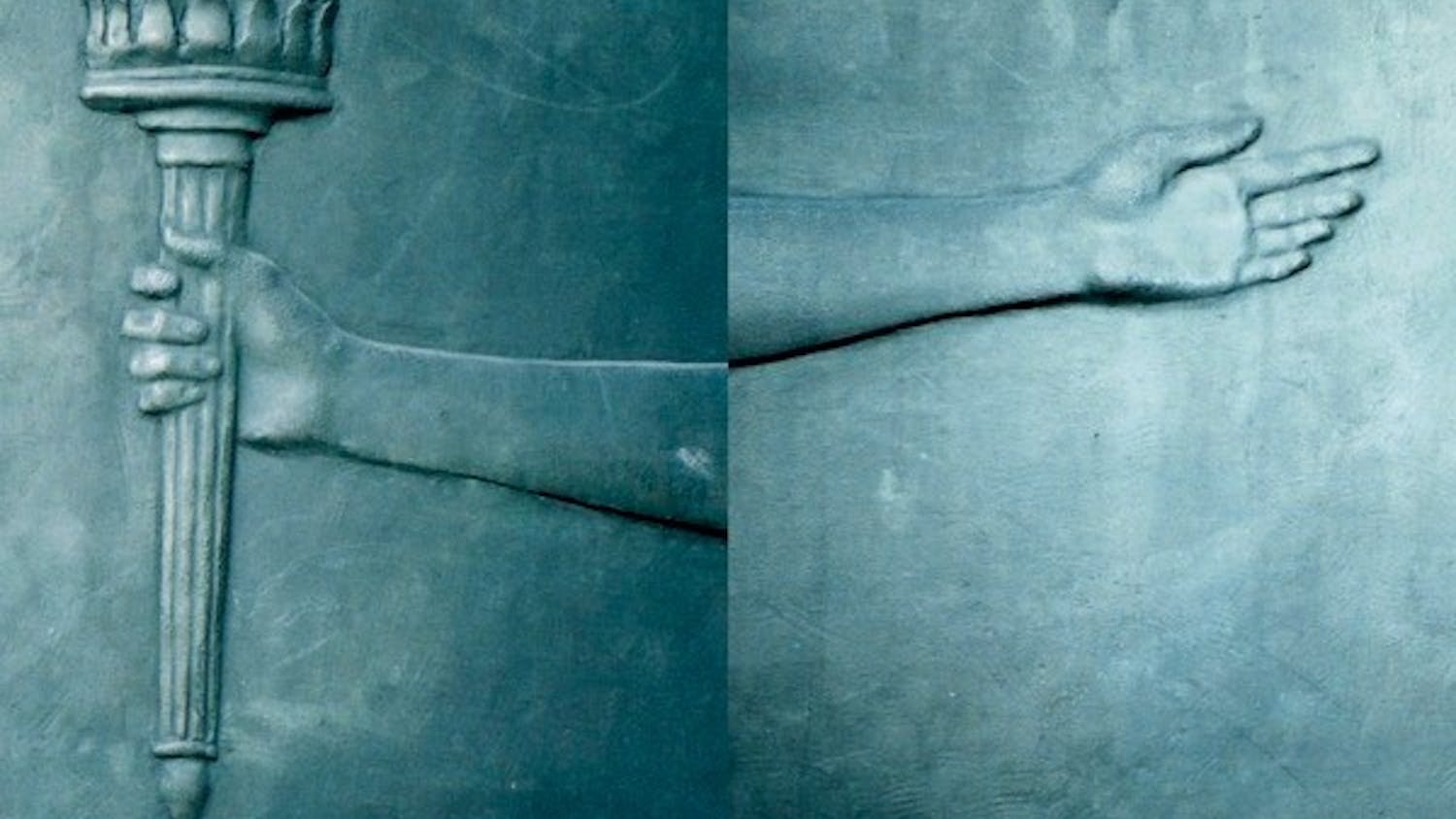Much of Death Cab for Cutie’s music thus far has centered around the idea of growing up. Transatlanticism, arguably their best record to date, was a phenomenal coming of age story and each of their albums since then has depicted the ups and downs that come with the passage of time. Kintsugi, the band’s eighth studio album, however, has much more nuanced and mature themes. Since the 2011 release of Codes and Keys, some major changes have happened in the lives of members of the band, and these milestones are the center of Kintsugi.
The term kintsugi refers to the ancient Japanese art of repairing broken pottery. The term could also be described as an ideology: the idea that an object’s history (its breakage and repair) is something to be celebrated and does not need to be disguised. This album is named after this obscure art form because it accurately represents the main events in the recent history of Death Cab for Cutie, with lead guitarist and founding member Chris Walla announcing that he was leaving the band and the divorce of frontman Ben Gibbard from actress Zooey Deschanel. The album focuses on the ideas of drifting apart and hopefully coming back together again, much like the pottery repaired through kintsugi.
Although the title of the album, and all of the band’s comments on the album, suggest that their motivation for the record was the departure of Walla, the majority of the songs seem to be breakup-centric. Gibbard has stated that he resents people assuming that all of their songs are autobiographical, but with lyrics that speak condescendingly of cuteness and bright colors (both things associated with Deschanel) it’s difficult not to feel as if you are getting a very personal glimpse into the private problems between the couple. “Ingenue,” “You’ve Haunted Me All of My Life,” “Little Wanderer,” and “No Room in the Frame” all scream Deschanel-heavy influences, but it could be that they are written about something else entirely.
The intrigue and the fascination with the conflict between two celebrities is probably the most notable aspect of this album. While upbeat songs like the lead single “Black Sun” and “The Ghosts of Beverly Drive” are probably animated enough for some radio play, the more muted and low-tempo numbers are a bit lackluster. You can only hear so many breakup tunes before the passive-aggressive jabs become exhausting.
Grade: C





